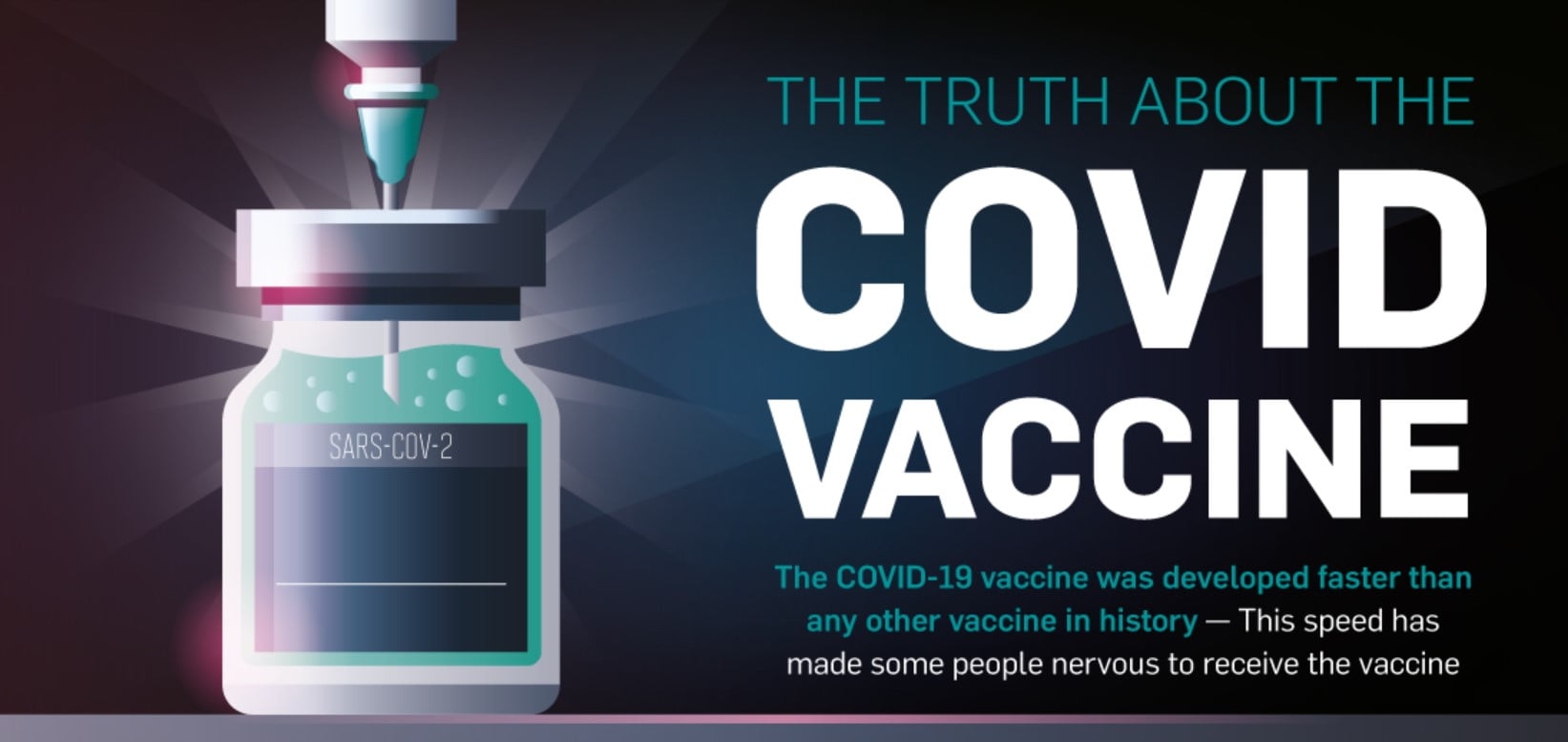Vaccines typically take 10-15 years to develop, but the recent COVID-19 vaccines were made in just a fraction of that time. This speed has made some nervous to receive the vaccine. Even though the COVID-19 vaccines were fast-tracked, this does not mean they are unsafe. The vaccine was developed so quickly because it was built on previous research into other coronaviruses, and scientists around the world collaborated and shared their data. In addition, mRNA vaccines were developed with readily available materials, and governments fast-tracked clinical trials and vaccine approvals.
[soros]Q4 2020 hedge fund letters, conferences and more
The fast-tracked elements of the vaccine did not affect the accuracy of trial results. Like any other vaccine, they were put through standard clinical trials; this included laboratory trials and three phases of clinical trials to determine the safety and effectiveness. Enrolment and follow-up with patients in clinical trials were within a normal time frame, and the vaccines went through the submission process and review of application by the FDA as well.
Misinformation About The COVID-19 Vaccine Continues
Despite these facts, misinformation about the COVID-19 vaccine continues to be an obstacle. The vaccine does not cause autism or damage children or babies, and it does not weaken the immune system. It does, however, protect you against COVID-19 and protect others by building herd immunity. There are still many myths about the coronavirus vaccines. First, they are not mandated. Currently, there is no requirement anywhere in the United States to get the vaccine. The vaccine does not contain an active viral material, so you can’t get the coronavirus from the vaccine. The vaccines will not end masks and social distancing immediately. Full protection from the virus may not develop until weeks after the second shot, and vaccinated people may still be able to act as asymptomatic spreaders.
Currently, there are two authorized vaccines, Pfizer and Moderna, and another three that are in the final phase of clinical trials: AstraZeneca, Novavax, and Janssen. So who gets the vaccine first? The CDC recommends that healthcare workers and long-term residents receive them first, followed by frontline essential workers and people 75 years or older. The last group to receive the vaccine includes younger people and the rest of the essential worker population. Vaccines will be distributed at a variety of different places: schools, nursing homes, long term care facilities, commercial pharmacies, healthcare facilities, local health departments, community centers, and large chain grocery stores. You can follow your local health department to find out when you are eligible to receive a vaccine in your state. Fight misinformation. Spread just the facts about the COVID vaccine.






